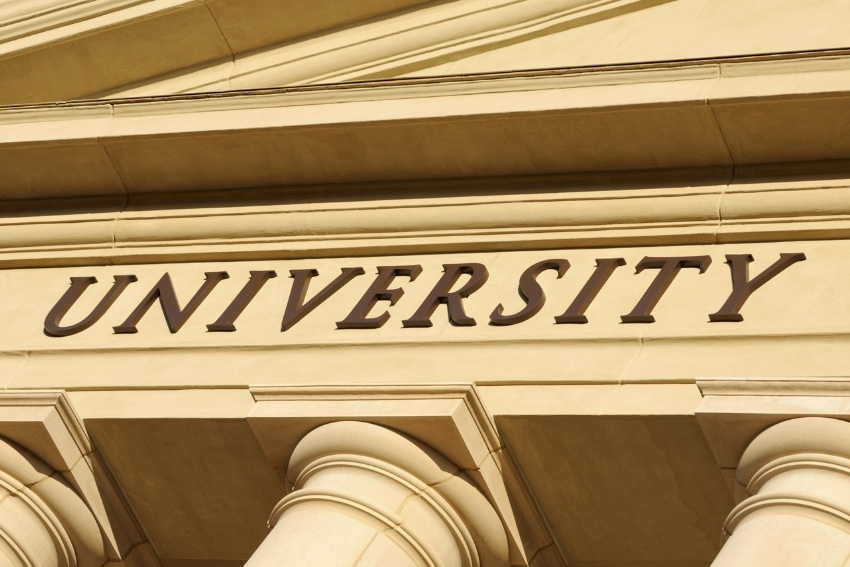As we approach that pivotal moment in your child’s academic journey, the release of their GCSE results, it’s important to understand what to expect and how to prepare. GCSE results day can often be filled with a mixture of emotions – excitement, anticipation, and perhaps a little anxiety. This is completely normal, as these results can often shape the next steps of your child’s educational path.
When Do GCSE Results Come Out?
GCSE results are typically released on the third Thursday of August. In 2026, that will be Thursday 20 August 2026.
Students can collect their result slips from their schools starting at 8am on results day. Schools often open their doors early to accommodate this significant event. The time can slightly vary depending on the school’s individual procedures. Some may open at 8am, others at a later time. Make sure to check any correspondence from your child’s school regarding the specific timings.
It’s worth noting that teachers often have access to these results earlier than students. This is not for them to share ahead of time, but rather to prepare them for discussions and support they might need to provide to students on the day. The actual time teachers receive these results can vary, and it’s typically the exams officer who first receives the information. Despite having earlier access, teachers will not divulge these results until the official release time of 8am.
Can You Collect Your Child’s GCSE Results?
On GCSE results day, students can collect their results from their respective schools, typically starting at 8am. It’s a significant moment, filled with anticipation, and being prepared can help make the process go smoothly.
Students should come prepared with any acceptance letters and relevant contact information for any colleges or sixth forms they might be considering applying to. They should also bring identification for verification purposes.
In situations where students are unable to collect their results in person, due to reasons like physical injury or holiday commitments, schools usually make alternative arrangements. These can include emailing results, posting them to the students’ home address, or allowing a guardian, friend, or family member to collect the results on the student’s behalf. These alternatives should be communicated and agreed upon with the school in advance.
In case a student is not satisfied with their results, particularly in Maths and English, they have the opportunity to resit in November. Additionally, if students don’t achieve the results they were hoping for, they can seek advice from their teachers or other education providers to consider their next steps.
What to Bring on Results Day
Identification
Students should carry identification to results day. This serves as a verification measure to ensure that results are handed to the correct individual. The school staff may ask to see an ID before releasing results.
Acceptance Letters
If students have already received acceptance letters from colleges or sixth forms, these should be brought to results day. Having these letters available can facilitate any discussions or decisions that need to be made.
Relevant Contact Information
Contact information for any educational institutions that the student is considering attending should be readily available. In case the results lead to further discussions or necessitate changes to plans, students can quickly get in touch with the relevant parties.
What to Do If Your Child’s GCSE Results are Unsatisfactory

Resits for Maths and English
For students who find their results in Maths and English unsatisfactory, there is an option to resit GCSEs exams in November. This provides an opportunity for students to improve their grades in these critical subjects.
Consultation with Education Providers
If students don’t achieve the results they were hoping for, they have the opportunity to discuss their situation and explore their next steps with education providers. Schools often have counsellors or advisors on hand on results day to offer guidance and discuss alternative pathways, such as different sixth form or college courses, apprenticeships, or vocational training options.
To Sum Up
Understanding the process of obtaining GCSE results and knowing what to expect on results day can help alleviate some of the anxiety often associated with this pivotal moment in a student’s academic journey. It’s essential to remember that these results, while important, are just one step on the path of lifelong learning and don’t define a student’s worth or potential.
The experience of GCSE results day can be an enlightening moment, offering insights into areas of strength and highlighting where additional focus might be beneficial. It’s an opportunity for students to learn about handling pressure, dealing with disappointment, and, most importantly, celebrating achievements, no matter how big or small.
As we close this guide, we’d like to leave you with a thought: Success is not just about acing exams, it’s about the growth and learning that happens along the way. It’s about resilience, determination, and the courage to keep going, even when things get tough.
For those students who feel they might need extra help with their studies, consider partnering with Edumentors, an online tutoring platform. The tutors at Edumentors are students from top UK universities who have walked this path before and achieved excellent results. They can share their experiences, tips, and techniques to help students boost their confidence and reach their academic goals. Remember, the journey to success is often through continuous learning, and getting the right support can make all the difference. Here’s to your educational journey and achieving the results you desire!
FAQs:
How much do GCSEs cost to take?
For pupils at state schools, GCSEs are free. Exam fees are covered by the school.
Private candidates and homeschooled students usually do have to pay. Fees vary by subject and exam board, but most GCSE exams cost between £40 and £100 per subject, with extra charges sometimes added for administration or practical assessments.
Because costs differ widely, private candidates should always confirm fees directly with the exam centre.
How can I help my child on GCSE results day?
Start by keeping perspective. GCSE results matter, but they are not the final word on a child’s future.
Be calm and present. Let your child open their results in their own way and resist the urge to react too quickly, whether the grades are higher or lower than expected. If results are disappointing, focus on solutions rather than blame. Schools and colleges will be ready to discuss remarks, resits, and alternative pathways.
Above all, remind your child that results reflect performance on a set of exams, not their intelligence or potential.
Do GCSE results have to be collected in person?
No. GCSE results do not have to be collected in person.
Most schools allow students to receive results by email, through an online portal, or via a nominated person collecting them. That said, many schools still encourage in-person collection because staff are available to explain grades, next steps, and sixth-form options.
The exact process depends on the school, so it’s important to check their results-day arrangements in advance.








